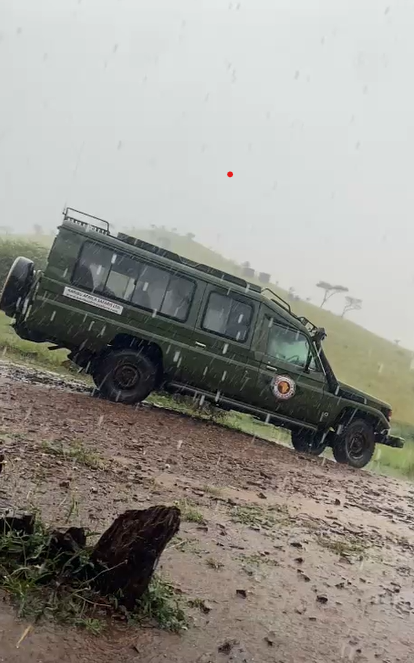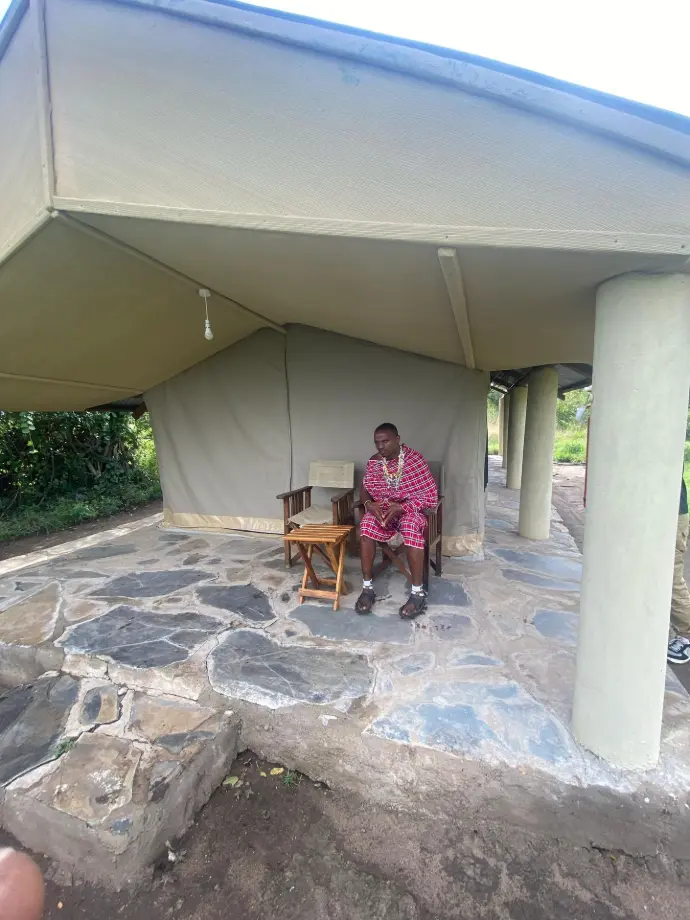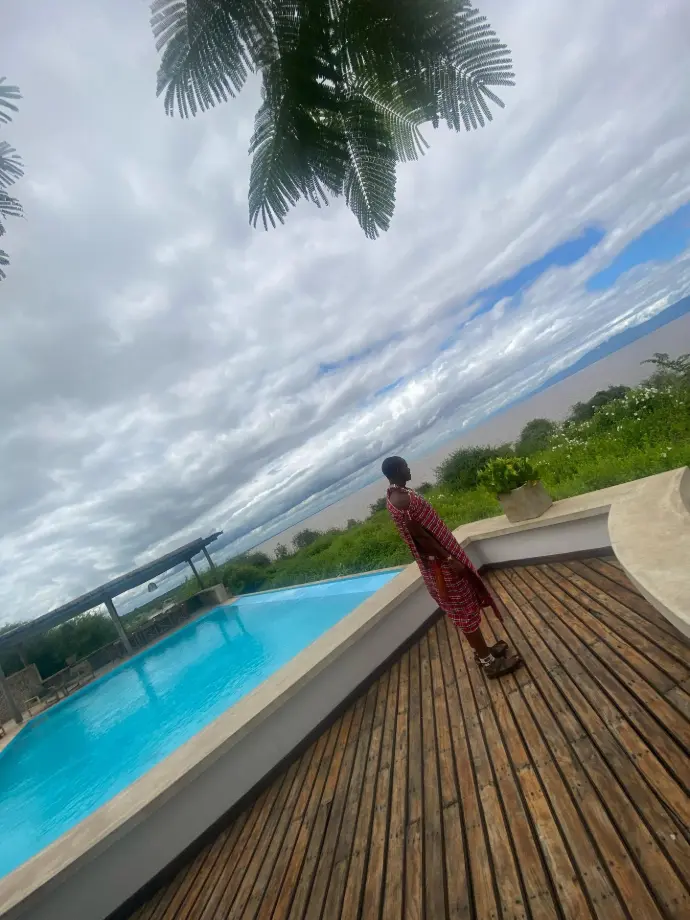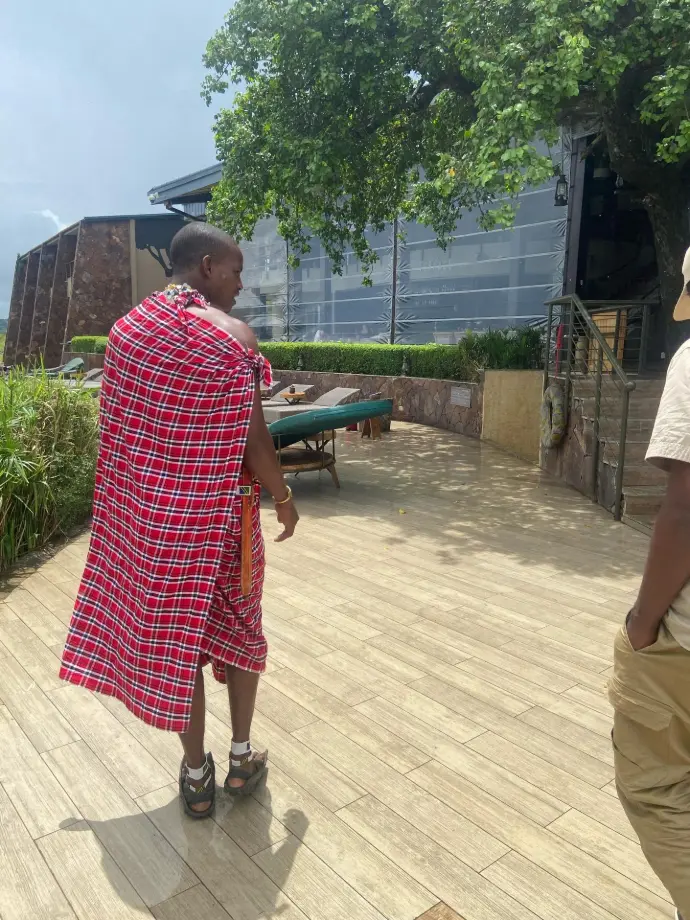Our plan was simple:
Finding accommodation for our clients within the national parks themselves and, of course, gathering all the necessary information. With this goal in mind, our mission was to uncover the best compromises so that later we could discuss what the client wants to see and be able to respond precisely to their needs.
The first difficulty was getting there!
Having a friend who owns a safari company, I was able to join them to make things easier. However, the rainy season remained the main obstacle. Most of the roads are impassable, and it's not even conceivable to try to travel without a relatively sturdy 4x4. Therefore, I wouldn't have been able to consider this trip on my own. Our first two days of travel were thus spent under relatively heavy rain.

Often, I am asked "How does the rainy season affect safaris in general?"
I will therefore respond to this and explain how it could have affected my trip. In general, there are many impassable paths. The tall grasses make it difficult to observe animals, and with the rain, the animals hide, making it even more complicated. This is why most companies do not offer their services during this month; however, it is still possible to organize outings, because as I explained in my tips for Zanzibar, the rainy season is not a month of uninterrupted rain as one might think. Outside of the rainy season, it is much simpler—more paths are passable, the grasses are shorter, and the animals are more curious, which makes the experience much more enjoyable for everyone!
On my side, the rain didn't affect the start of our expedition too much, as we were able to visit different lodges in Serengeti National Park and also near Lake Manyara. Here are some photos.




However, on the way back, we ran out of gas, and when we had the chance to fill up, we completely forgot because there was a lodge nearby, and we were only thinking about getting shelter to dry off. So we set off again, and after a certain distance, we found ourselves out of gas. The problem was that we didn't have any extra fuel, and no one had thought about it. We were convinced that we would reach our destination without any issues. Fortunately, another vehicle was able to offer us just enough fuel to get back on the road, but don't be surprised; these are the little problems we face regularly!
In the end, we were able to move forward as planned!
In just four days, we had so much to see. The rain in the Serengeti prevented us from accessing a lodge, but we were able to visit what we wanted and connect with the right people, and that is what we primarily came to find. The photos of the rooms we selected will be available when we open our booking dates.
In the meantime, I must leave you with this anecdote about the name Serengeti, which is one of the most famous parks in the world but whose origin is known by few people. The reason this national park has this name comes from the Maasai, who named it based on the view the place offers. It is a region of plains, and in the Maasai language, a plain is called Siringet. Over time, other people who were unable to pronounce or correctly introduce this term ended up saying Serengeti instead.
For me, it will always be Siringet!
Interview of Laizar transcribed by Alex.
A quick look on site.